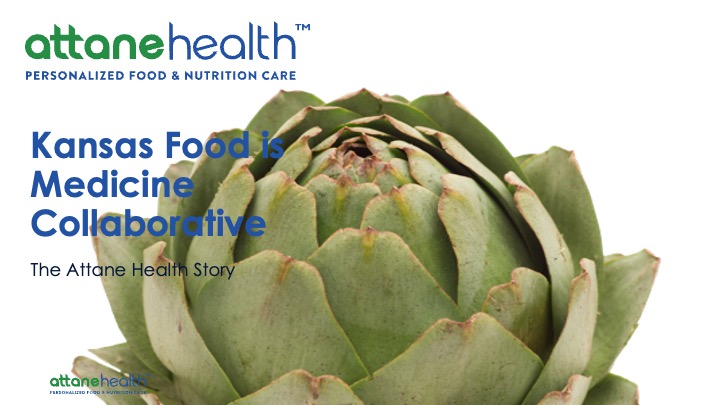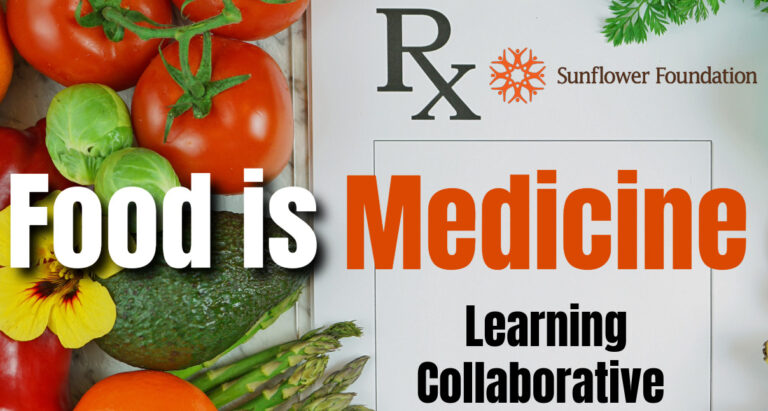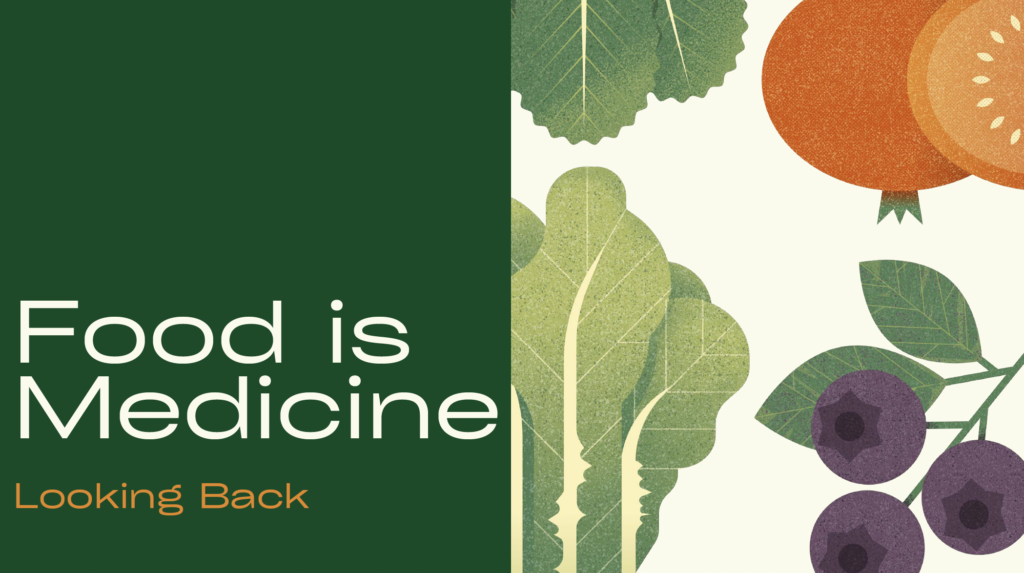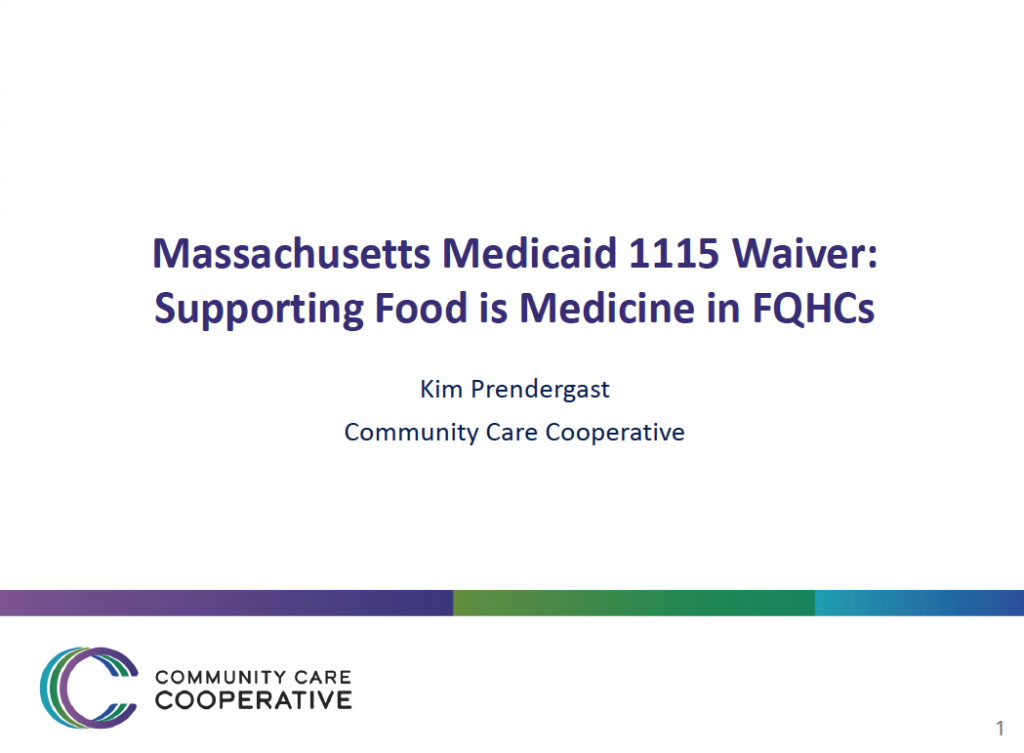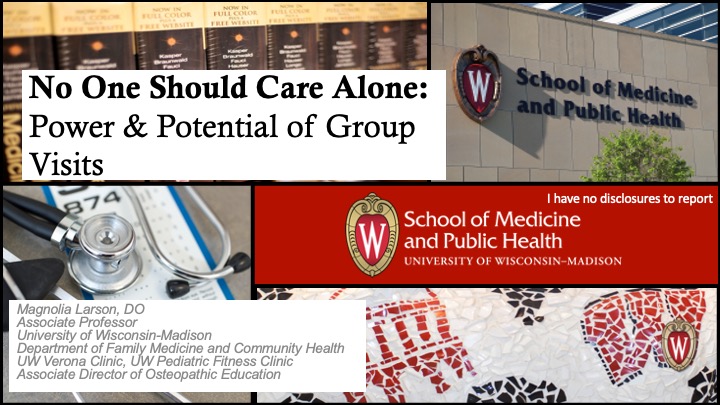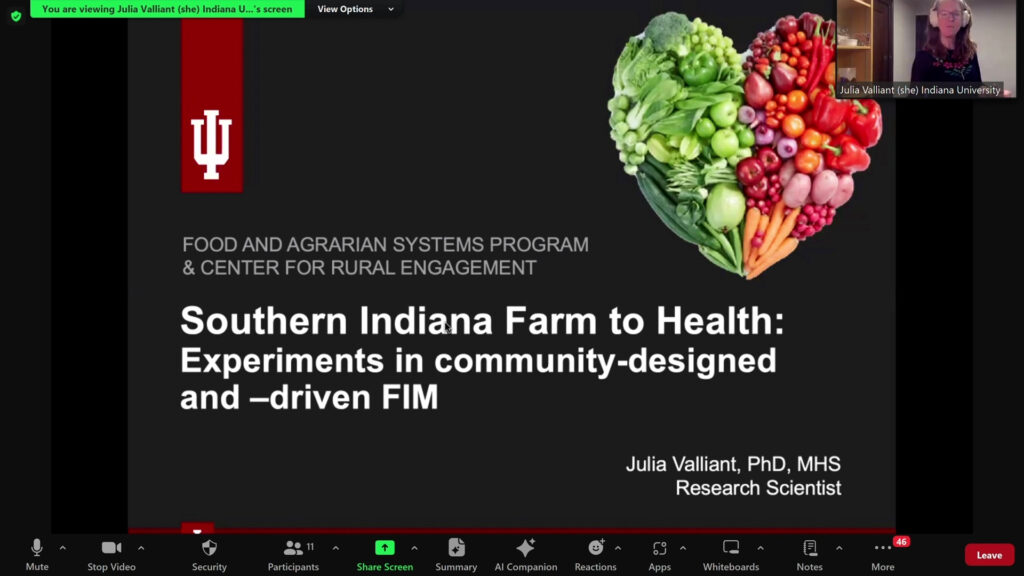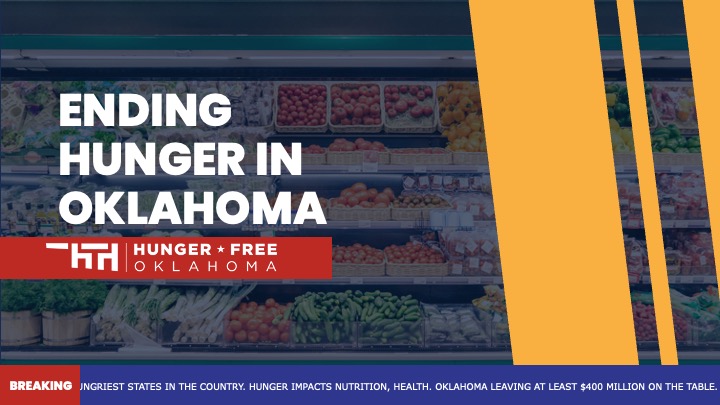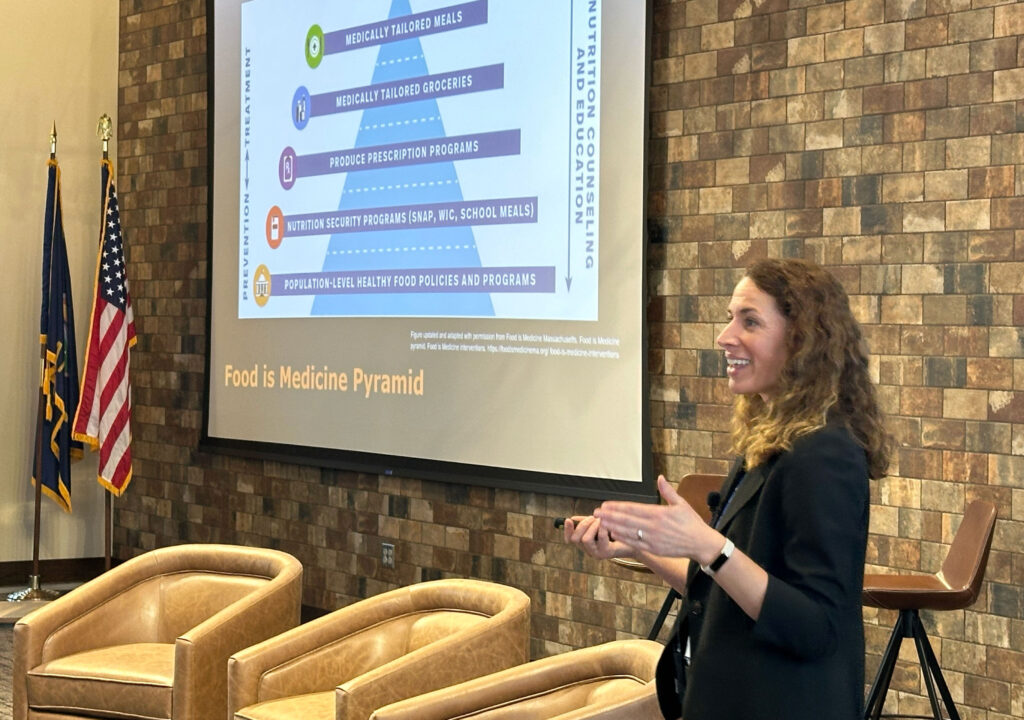
Learning Collaborative brings together Kansas clinics, stakeholders and national experts
The 2024 Food is Medicine Learning Collaborative, the second convening of the six participating Sunflower Foundation Food is Medicine health clinics and other FIM stakeholders across Kansas, was held Jan. 24 at the Sunflower Nonprofit Center.
The collaborative, which brought the Kansas clinics and stakeholders together with regional and national Food is Medicine experts, provided an opportunity for all participants to share information and inspire innovation regarding different approaches to patient care with food as medicine.
Eccentricity Consulting President Trina Ragain, who has gained experience with Food is Medicine by exploring how it can address nutrition security through the health care system, kicked off the event with a look back at what happened across the Food is Medicine spectrum in 2023.
Representatives from the Kansas clinics and other stakeholders had the opportunity to learn about Food is Medicine programs in other states. Speakers included:
- Kim Prendergast, RDN, MPP, vice president, policy at Community Care Cooperative in Boston.
- Maggie Larson, DO, family physician and associate professor at the University of Wisconsin School of Medicine and Public Health.
- Julia Valliant, PhD, MHS, research scientist in sustainable food systems at the University of Indiana.
- Richard Comeau, MPA, chief program officer for Hunger Free Oklahoma.
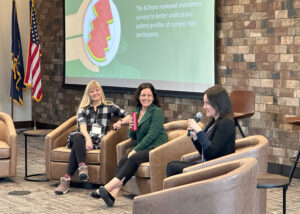 Participants also heard updates from representatives of the six health clinics participating in Sunflower Foundation’s Food is Medicine program – Community Health Center of Southeast Kansas in Pittsburg, Genesis Family Health Center of Dodge City, HealthCore Clinic in Wichita, Health Ministries Clinic in Newton, Heartland Community Health Center in Lawrence and Hoxie Medical Clinic in Sheridan County – with each clinic sharing highlights and challenges from their first year of implementation. Clinic representatives then joined a panel, moderated by Sunflower Food is Medicine evaluation and advisory team member Marianna Wetherill, associate professor at the University of Oklahoma Health Science Center, to discuss common themes in Food is Medicine.
Participants also heard updates from representatives of the six health clinics participating in Sunflower Foundation’s Food is Medicine program – Community Health Center of Southeast Kansas in Pittsburg, Genesis Family Health Center of Dodge City, HealthCore Clinic in Wichita, Health Ministries Clinic in Newton, Heartland Community Health Center in Lawrence and Hoxie Medical Clinic in Sheridan County – with each clinic sharing highlights and challenges from their first year of implementation. Clinic representatives then joined a panel, moderated by Sunflower Food is Medicine evaluation and advisory team member Marianna Wetherill, associate professor at the University of Oklahoma Health Science Center, to discuss common themes in Food is Medicine.
Fellow Sunflower evaluators Kristina Bridges, PhD, of the University of Kansas Medical Center, and Susan Harvey, PhD, of the University of Kansas, joined Wetherill in presenting an overview of year one of the foundation’s Food is Medicine program. Some of the developments in year include:
- The six clinics have enrolled a total of 171 patients, nearly all with diabetes or pre-diabetes.
- Collectively, the clinics have arranged distribution of 900-plus boxes of diet-appropriate food and organized almost 400 education sessions.
- Although biometric measures have been mixed, there has been a statistically significant decrease in hemoglobin A1c levels (A1c is a common test to measure for blood sugar levels in the blood).
- The data also show a statistically significant increase in the amount of produce consumed by patients.
Chef Jason Champagne, of Native Chef LLC, provided breakfast and lunch at the event, serving up a menu of indigenous inspired dishes.
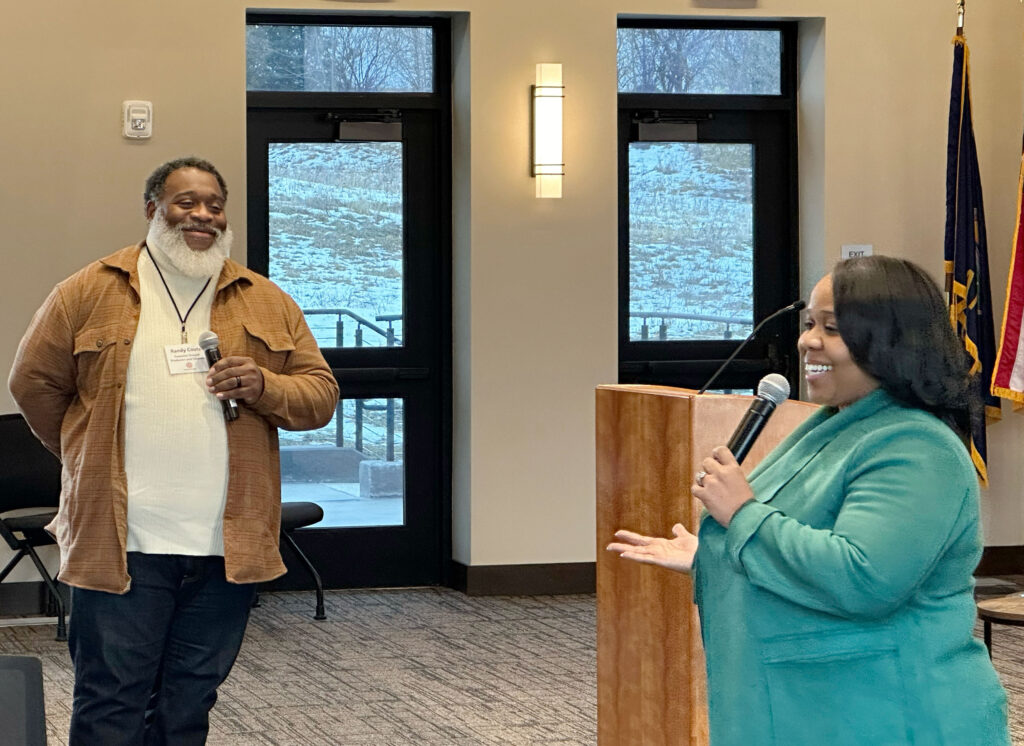 The learning collaborative also featured short presentations from regional organizations engaged in Food is Medicine initiatives. Kansas-based groups like Common Ground Producers and Growers and Mid-America Regional Council’s KC Fresh Rx, talked about their work with Food is Medicine. Emily Brown, founder and CEO of Attane Health, spoke about Attane’s patient-driven digital health platform that leverages technology to provide access to personalized, healthy groceries and education for people with chronic health conditions.
The learning collaborative also featured short presentations from regional organizations engaged in Food is Medicine initiatives. Kansas-based groups like Common Ground Producers and Growers and Mid-America Regional Council’s KC Fresh Rx, talked about their work with Food is Medicine. Emily Brown, founder and CEO of Attane Health, spoke about Attane’s patient-driven digital health platform that leverages technology to provide access to personalized, healthy groceries and education for people with chronic health conditions.
Alissa Wassung, executive director of the Food is Medicine Coalition, spoke virtually about what is happening with Food is Medicine at the national level, and Katie Sawyer, state director for U.S. Sen. Roger Marshall, R-Kan., talked about federal legislation around Food is Medicine.
Corby Kummer, executive director of the Food & Society Program at the Aspen Institute, wrapped up the event with a presentation on Aspen’s Food is Medicine Research Action Plan.
Videos of the presentations
Food is Medicine in Kansas
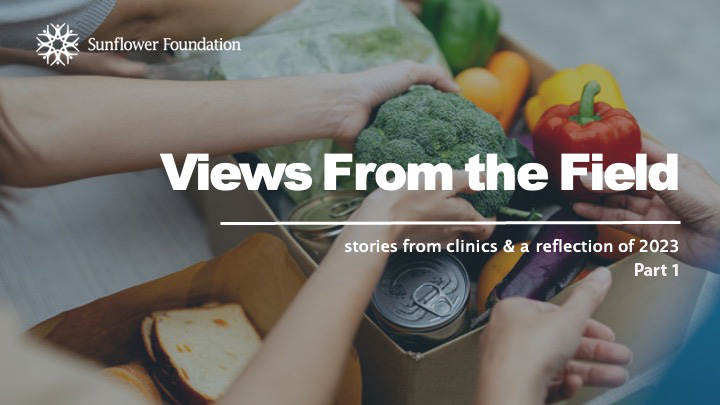
34:23
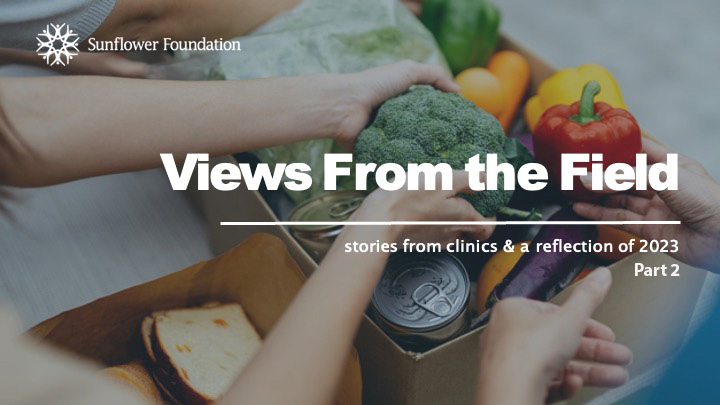
35:43
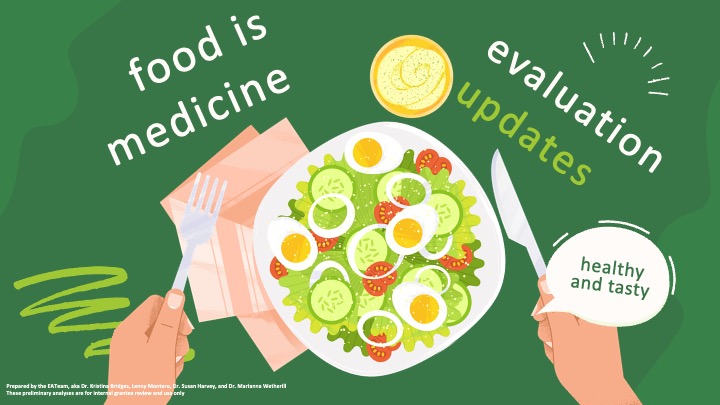
26:56
Food is Medicine in Other States
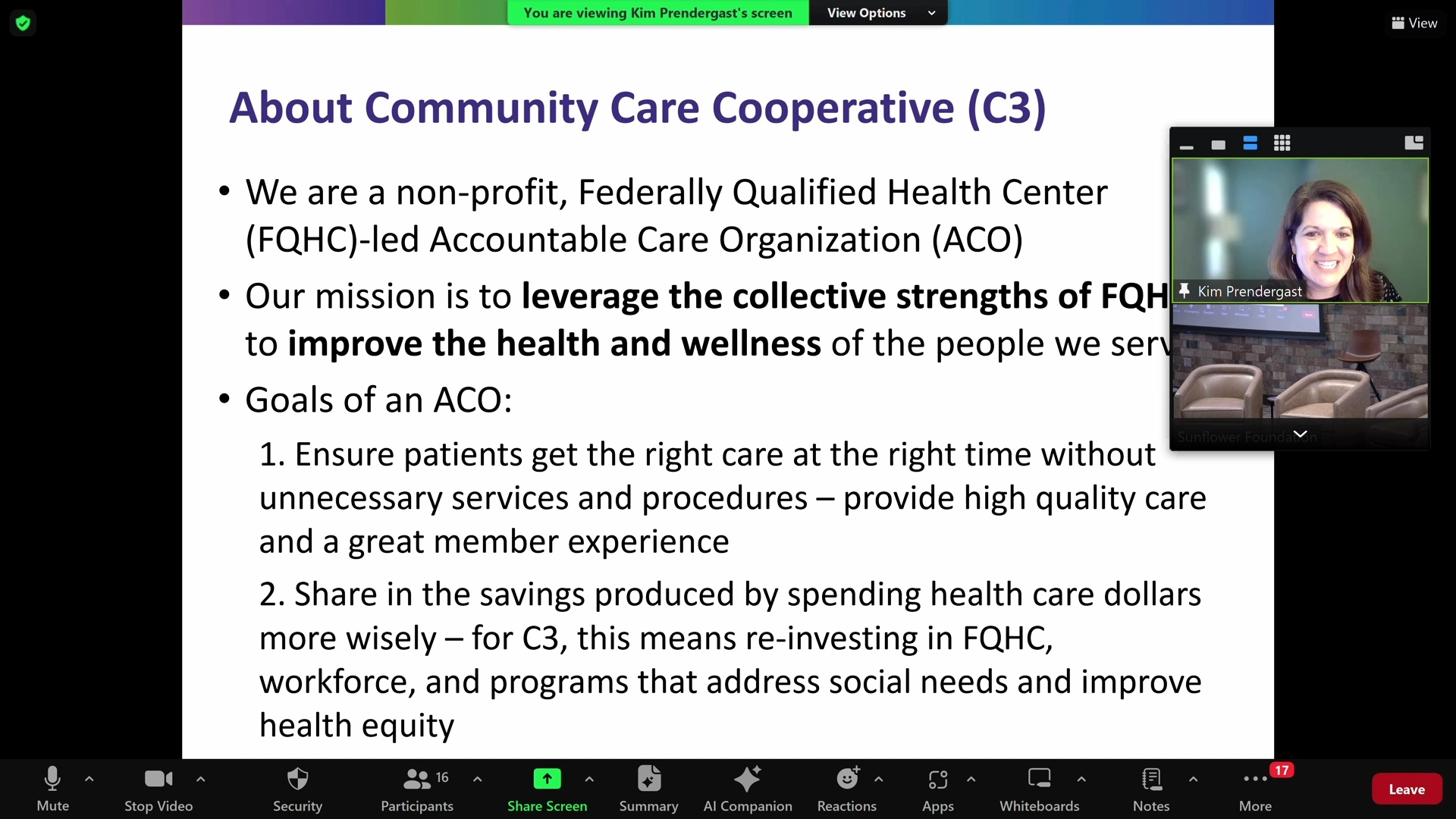
33:39
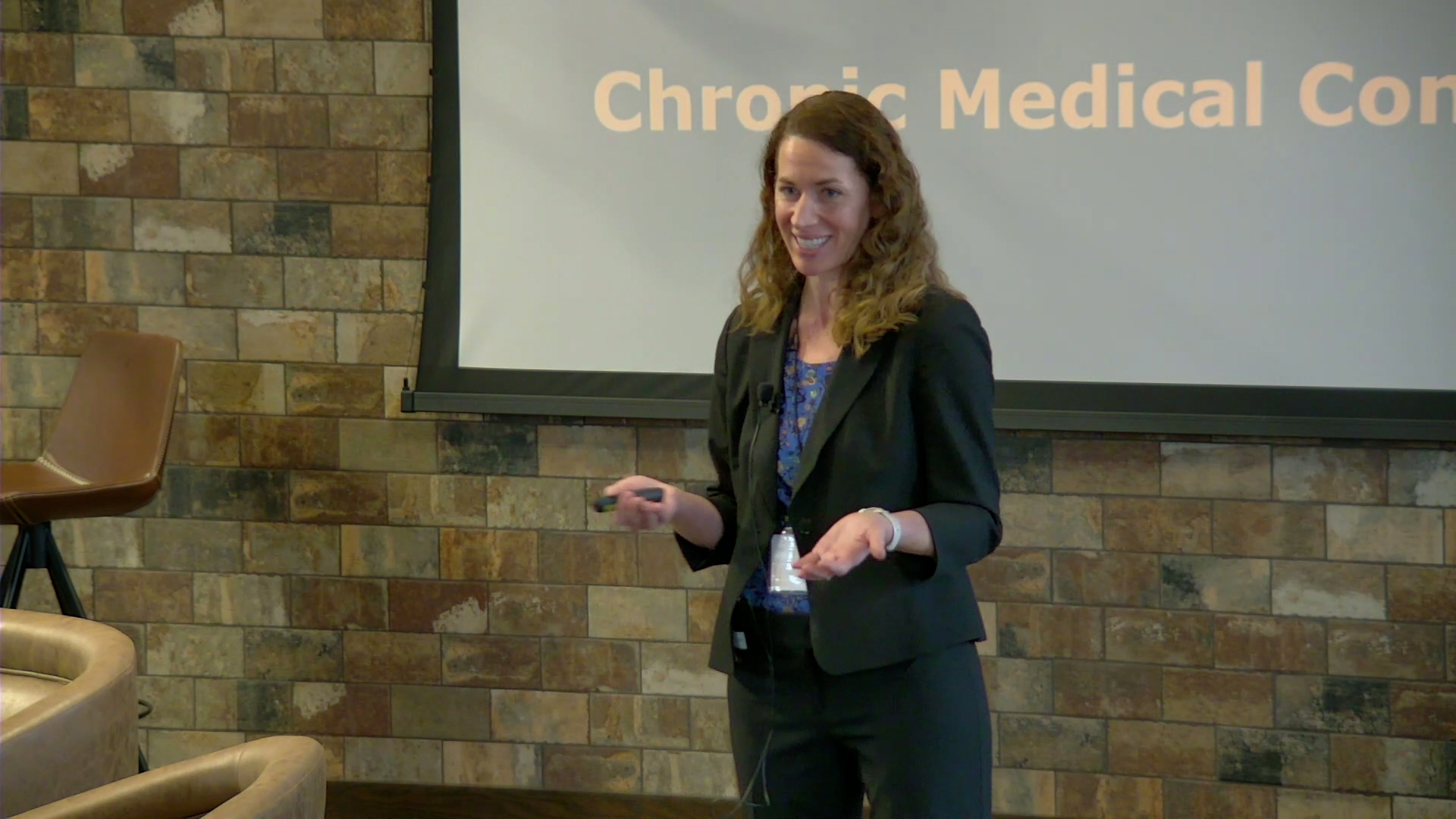
42:06

40:41
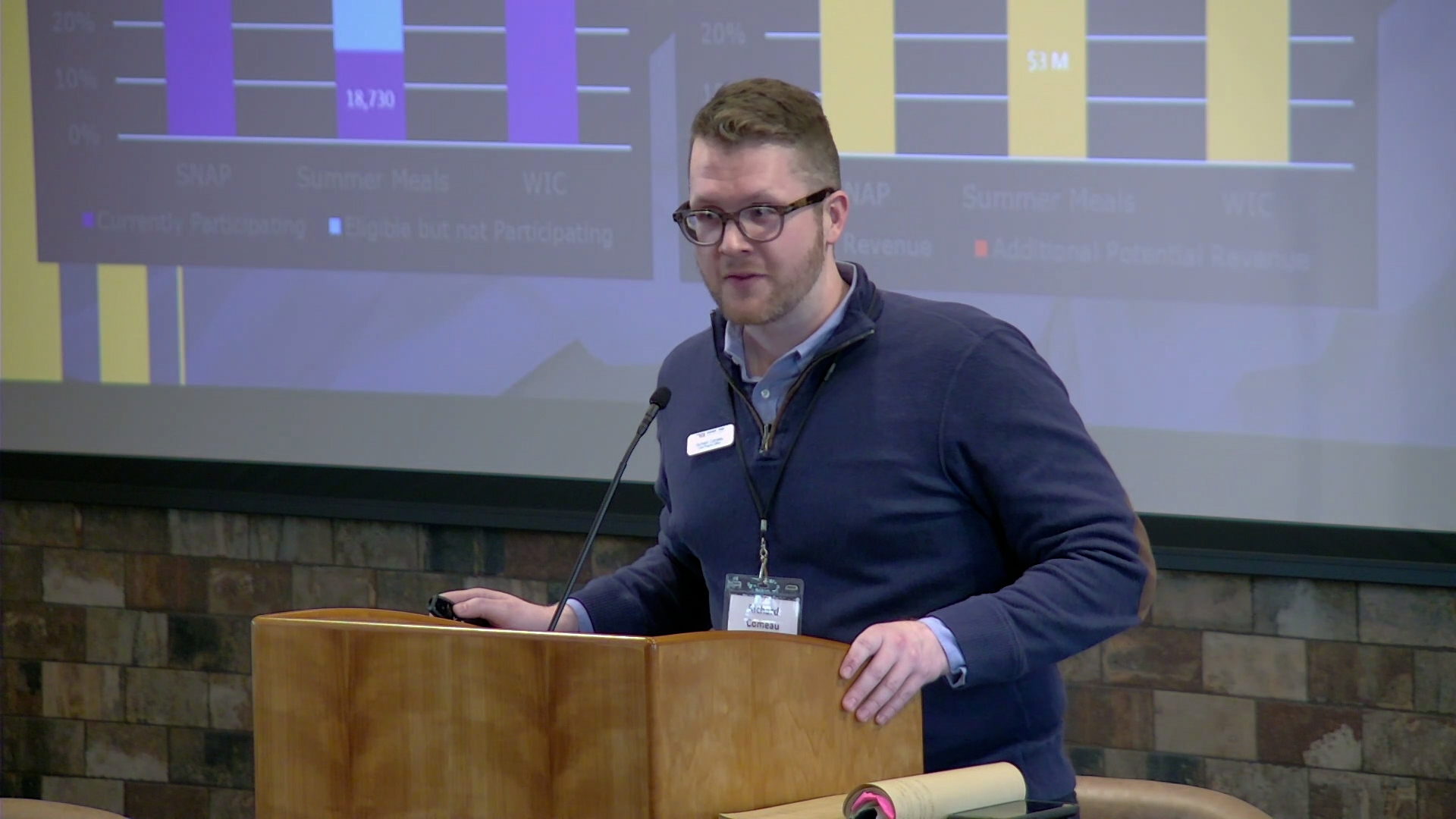
17:58
Food is Medicine on the National Level
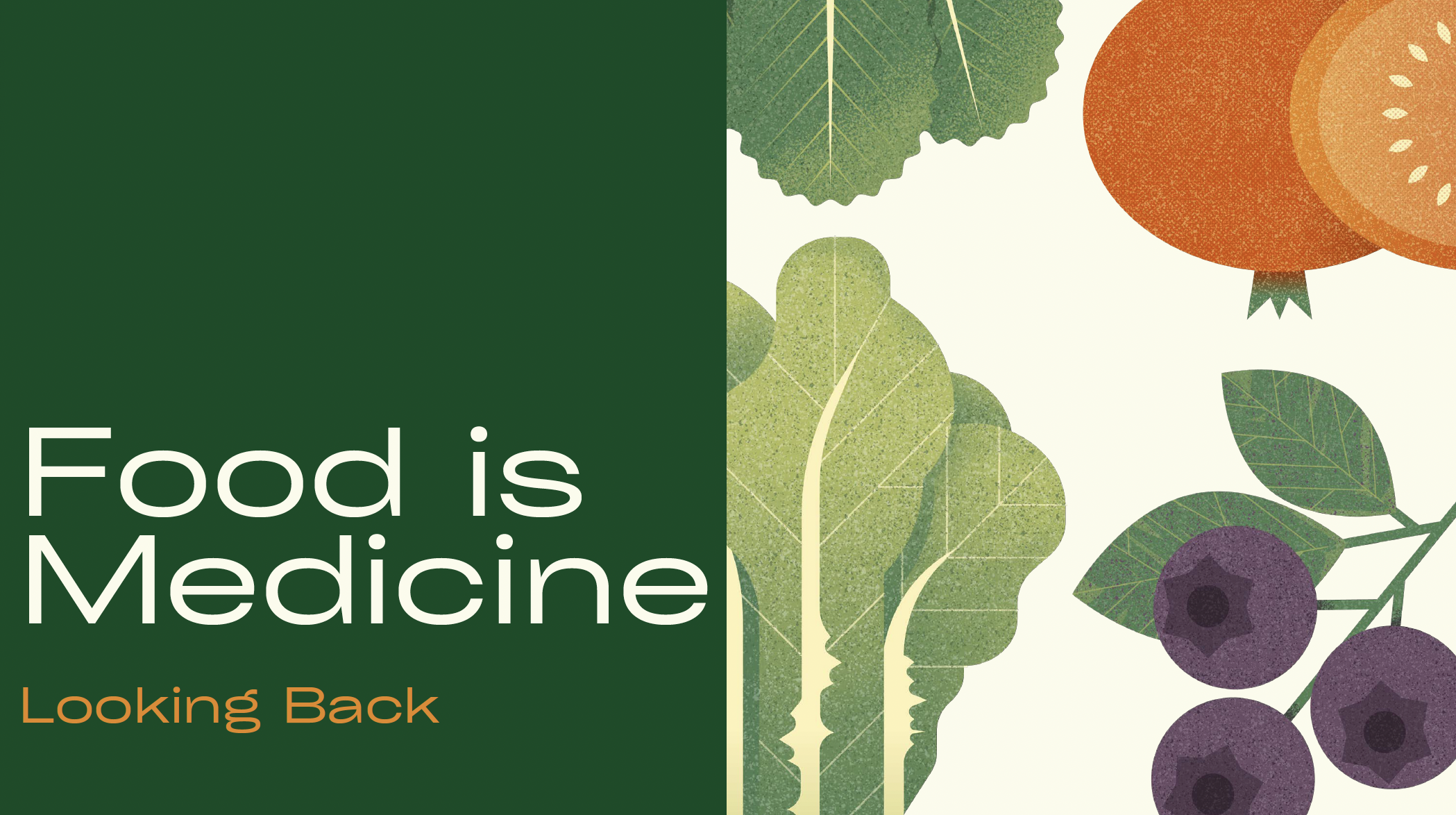
9:28
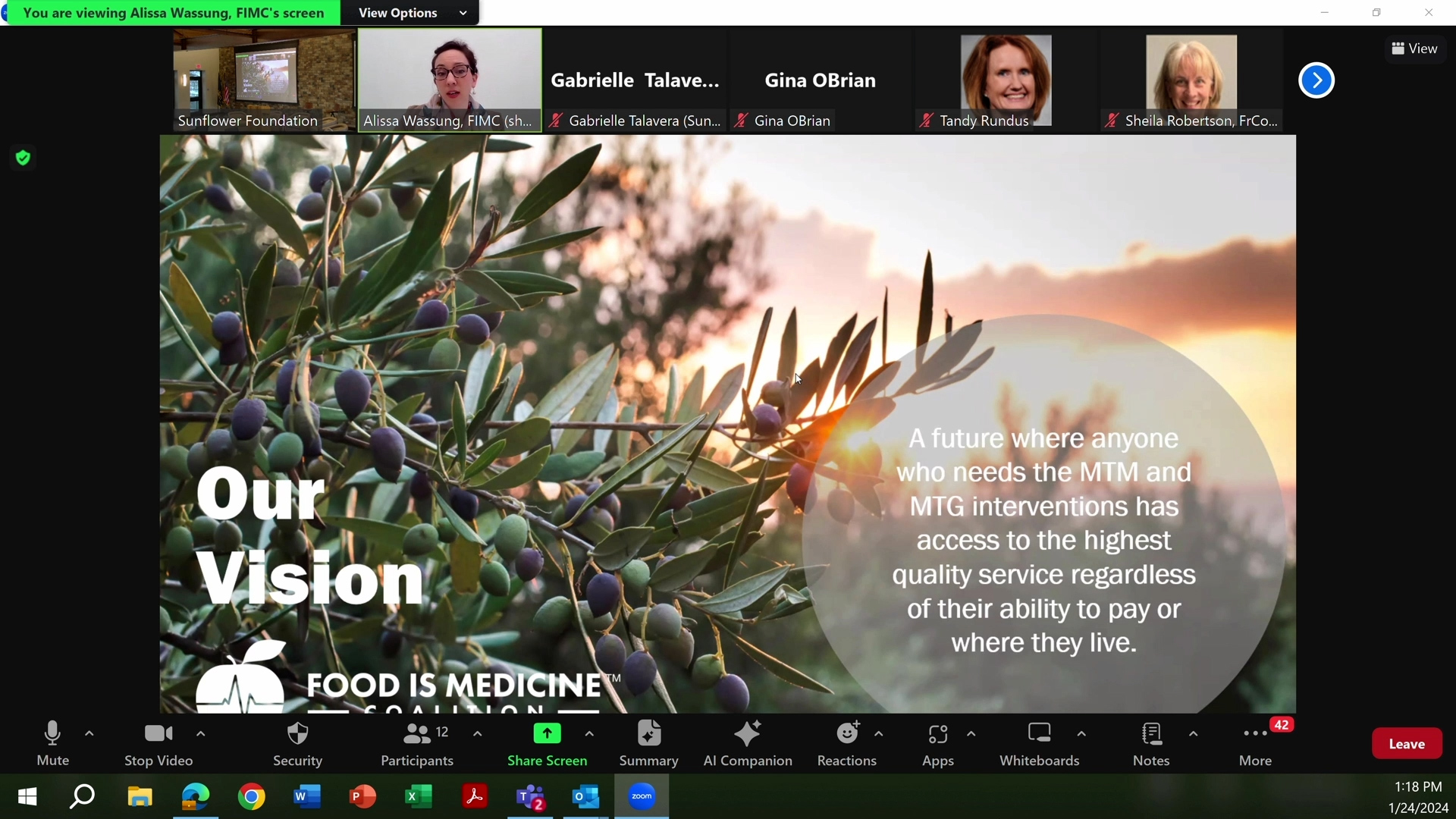
32:24
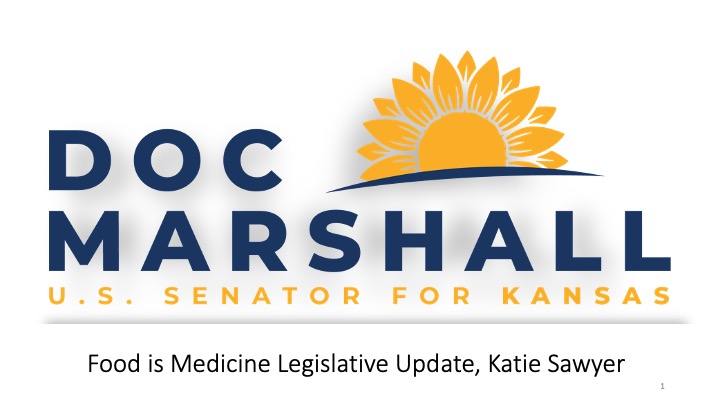
21:23
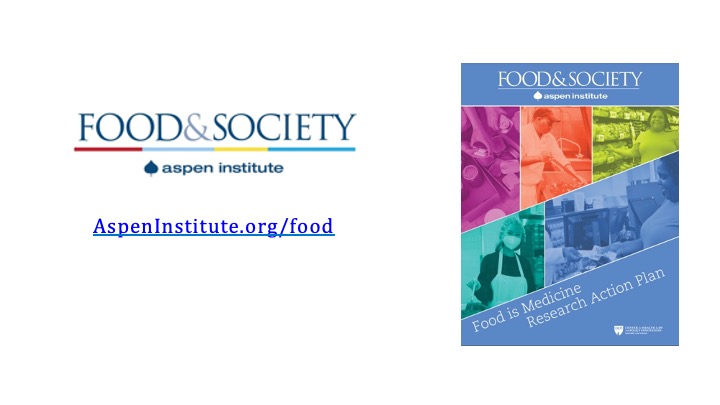
25:10
Stories of Food is Medicine
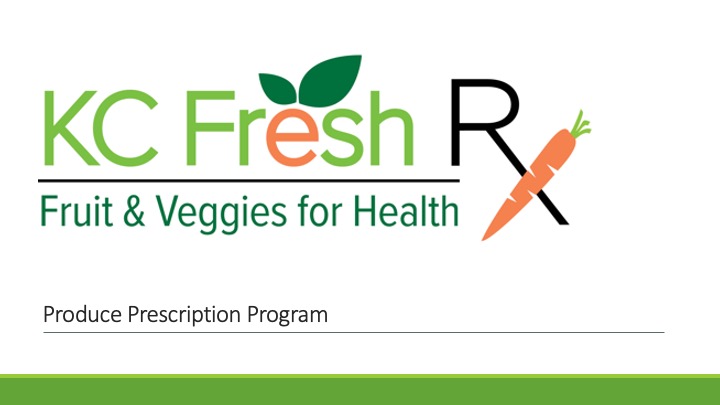
9:58
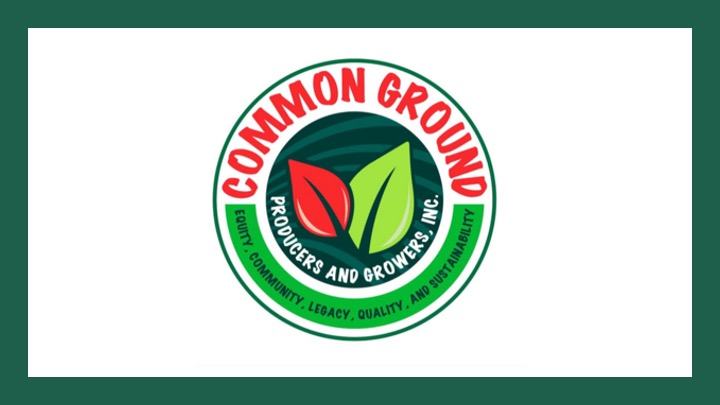
19:54
